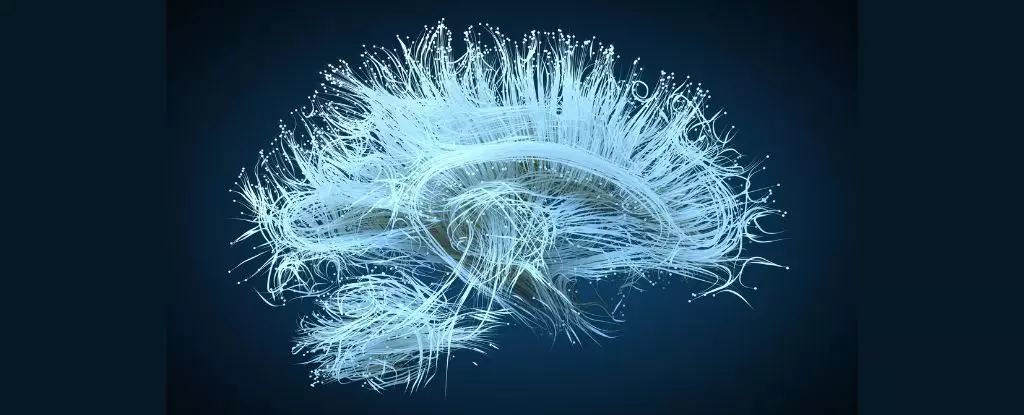In a groundbreaking discovery, neuroscientists have successfully manipulated the brain’s memory pathways using a cutting-edge prosthetic system. This innovative technology opens the door to potentially enhancing memory recollection of specific details, a feat that was once deemed science fiction. Through a collaborative effort between Wake Forest University and the University of Southern California, researchers have demonstrated that targeted electrical and magnetic brain stimulation can aid individuals in remembering particular images with increased ease. This development represents a significant leap forward in the field of cognitive enhancement.
The study involved 14 adult participants with epilepsy who were undergoing treatment with brain electrodes to identify seizure origins. By leveraging these implantable devices, scientists were able to explore the impact of electrical brain stimulation on memory function. In a prior experiment conducted in 2018, researchers programmed codes into the hippocampus, the region responsible for memory consolidation. These codes mimicked neural activity associated with the recollection of information, laying the groundwork for subsequent advancements in memory manipulation.
Targeted Memory Enhancement
Building upon their previous work, the research team utilized a computer model to analyze brain activity and identify patterns correlated with specific images in participants’ memories. During a visual memory test, stimulation patterns were generated for each individual, focusing on categories such as animals, buildings, plants, tools, and vehicles. By feeding these neural codes back into the hippocampus, participants exhibited improved memory recall for previously viewed images in a notable 22 percent of cases. The effectiveness of the prosthetic system was even more pronounced, reaching 38 percent accuracy, when dual hemisphere stimulation was applied to individuals with memory impairments.
The implications of this research extend beyond mere memory enhancement, as it offers hope for individuals suffering from conditions like Alzheimer’s disease, stroke, or head trauma. Lead scientist Brent Roeder envisions a future where memory restoration therapies could be developed using deep brain stimulation techniques. The study outcomes indicate a significant capability to modify memory through targeted interventions, thereby addressing cognitive deficits caused by neurological disorders.
Despite the promising results, several challenges must be overcome before prosthetic memory systems can be widely implemented. The complexity of identifying unique codes for individual memories necessitates further refinement of the computer model. Researchers aim to decipher how specific information is encoded and retrieved in the hippocampus, a task that requires ongoing experimentation and analysis. Additionally, understanding variations in memory focus among individuals and over time presents a significant hurdle in optimizing the prosthetic system for diverse applications.
The development of prosthetic memory systems marks a transformative milestone in neuroscientific research. By decoding the intricate mechanisms of memory formation and retrieval, scientists are moving closer to harnessing the full potential of deep brain stimulation for cognitive enhancement. While the road ahead is rife with challenges, the prospects of restoring lost memories and improving brain function offer a glimmer of hope for individuals grappling with cognitive impairments. The future of memory manipulation holds infinite possibilities, shaping a new era of neuroscience that prioritizes innovation and progress.


Leave a Reply